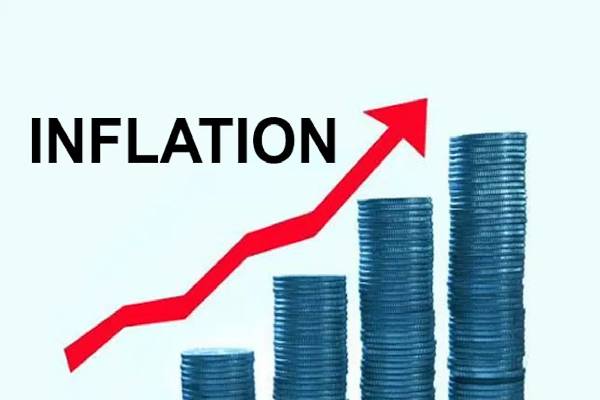Nigeria’s inflation figures soared to 20.5 percent in the month of August amid rising cost of food, fuel and dwindling value of the Naira.
According to data released by the National Statistics Bureau, the 20.5 percent jump is the highest in 17 years. The country has been running at double digits inflation since March 2016, but in recent times inflation has been pushed up by shortage of foreign exchange and global financial trends.
The National Bureau of Statistics said food inflation in August was 23 per cent, up from 22 per cent in July, on the back of an increase in the cost of essentials such as bread, cereals, meat and other items. The rise, the seventh consecutive of the year, follows July’s 19.6 per cent.
While food prices have declined in the wake of an agreement between Russia and Ukraine over grain supplies, a weaker naira has meant that Nigeria has not benefited, FDC said.
The Nigerian currency has depreciated by almost 25 per cent against the dollar since the start of the year. Core inflation, which excludes food and energy prices, has risen to 17.2 per cent as the depreciating currency and high transportation costs take their toll.


